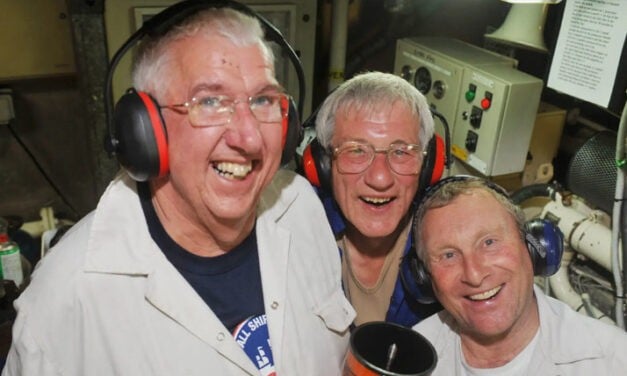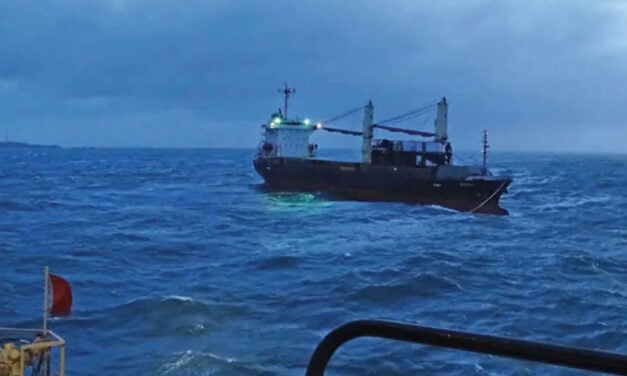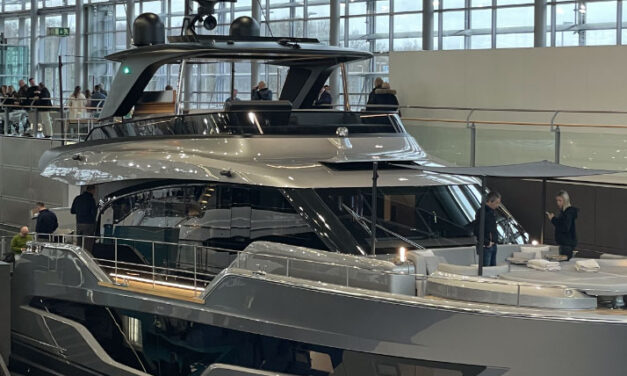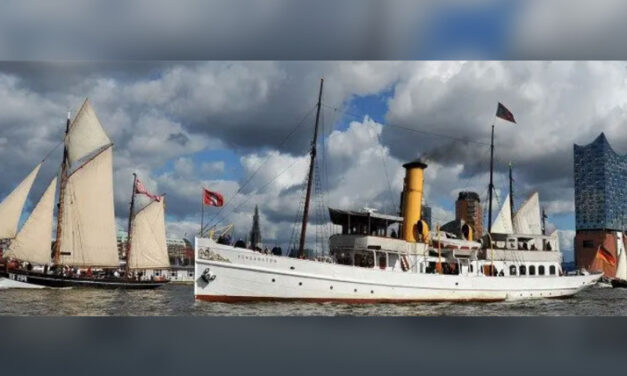Happiness barometer: Satisfaction among seafarers on the rise again
In times of much bad news, good news must not be lost! After months of despair during the COVID-19 pandemic, the year 2022 brought a recovery for the well-being of seafarers. The "Mission to Seafarers", which looks after the most important thing in the shipping industry - its people - publishes the "Seafarers Happiness Index" quarterly as a barometer of sentiment in the commercial shipping industry. Seafarers are asked ten key questions each quarter, in which they share their views on the issues that affect their lives and work. The latest report shows that seafarer satisfaction has continued to rise. It has increased in the last...
Weiterlesen






Recent Comments